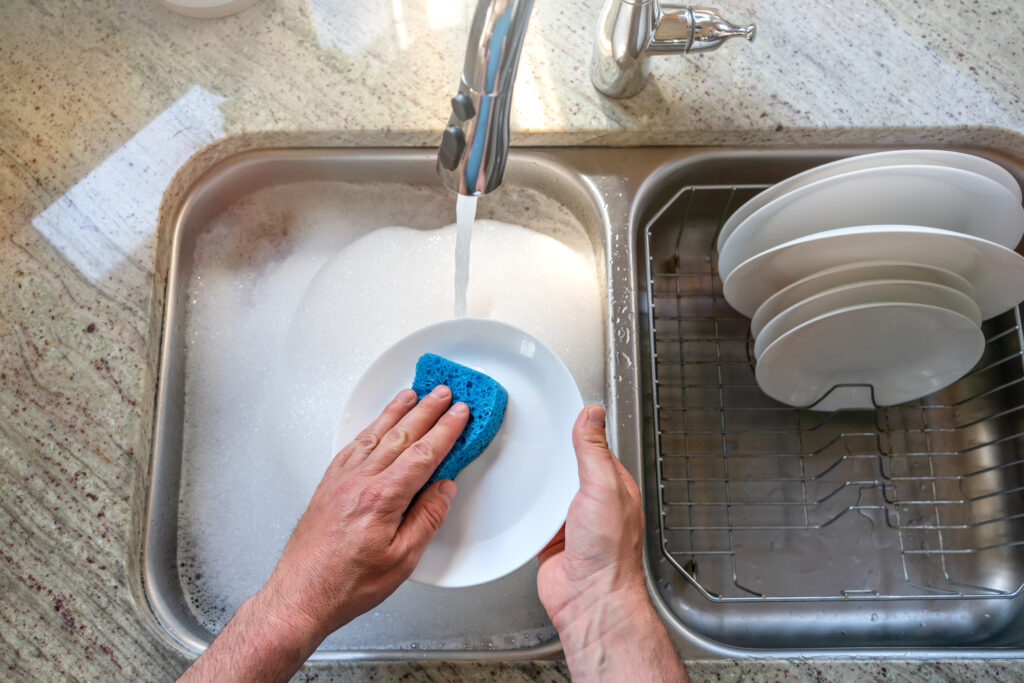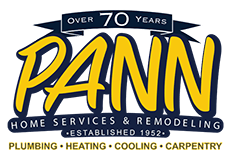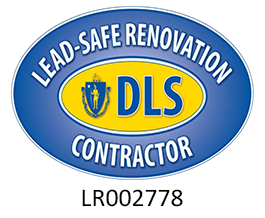A myth is defined as a widely held but false idea or belief. In many cases, the myth sounds like it is factual and valid, so much so that it continues to be spread. And while one’s intentions may be good, spreading such myths often does more harm than good.
Take the many so-called tips and tricks that promise to reduce your energy consumption and reduce utility bills. Sure, they sound helpful and many may have had some validity at some point, but due to recent technological advancements, a lot of these “tips and tricks” are simply not accurate anymore.
Today, we debunk 7 common energy-saving myths and share some practical, real-life measures that genuinely work.
1. Close vents in empty rooms. On the surface, it seems to make sense that closing vents in empty rooms ensures that all conditioned air is directed only to high-traffic areas. However, doing so can cause pressure buildup and leaks in the HVAC ducts, leading to energy waste. Keep vents open to ensure cooled or warmed air is distributed evenly throughout your home.
2. Hand-washing dishes is better than using the dishwasher. This may have been true for older water-guzzling appliances. However, today’s Energy Star-certified dishwashers feature energy-efficient wash settings that use less water than ever before, and certainly less than washing by hand. Be sure to run full loads only, though.

3. If it’s turned off, it’s not using energy. Plugged-in electronics and appliances still draw power even when turned off. Unplug infrequently used electronics and small appliances when not in use and don’t forget to remove chargers from outlets, too!
4. A smart thermostat saves you tons of money. Sure, a smart or programmable thermostat can help you save on your heating and cooling bills, but only if it’s utilized to its potential. For example, running the AC on 68 degrees or the heat on 72 degrees in an empty house wastes energy regardless of the thermostat used to control the temp. Use your thermostat’s features for optimal energy savings.
5. Turn down the AC to cool your home faster. Adjusting the setting really low doesn’t magically make the system cool more quickly, nor does bumping the heat up warm things up faster. Instead, your HVAC system will just work longer to reach that unnecessarily low or high setting. It’s best to make small adjustments as necessary.
6. Running your HVAC fan reduces the need for active heating and cooling. Running your HVAC fan does help circulate the air in your home and can reduce the presence of allergens but running it continuously can add hundreds of dollars to your utility bill.
7. If it ain’t broke, don’t fix it. Great job – you’ve gone all year without any HVAC problems! That doesn’t mean you can ignore your heating and cooling systems for another year. Regular maintenance helps extend the lifespan of your systems and ensures that problems are spotted and fixed before they become costly emergency repairs.
The home comfort professionals at Pann Home Services & Remodeling are here to help you maximize your energy savings without sacrificing an ounce of comfort. For routine system maintenance and repair to new system installation, contact Pann for a job well done the first time.









